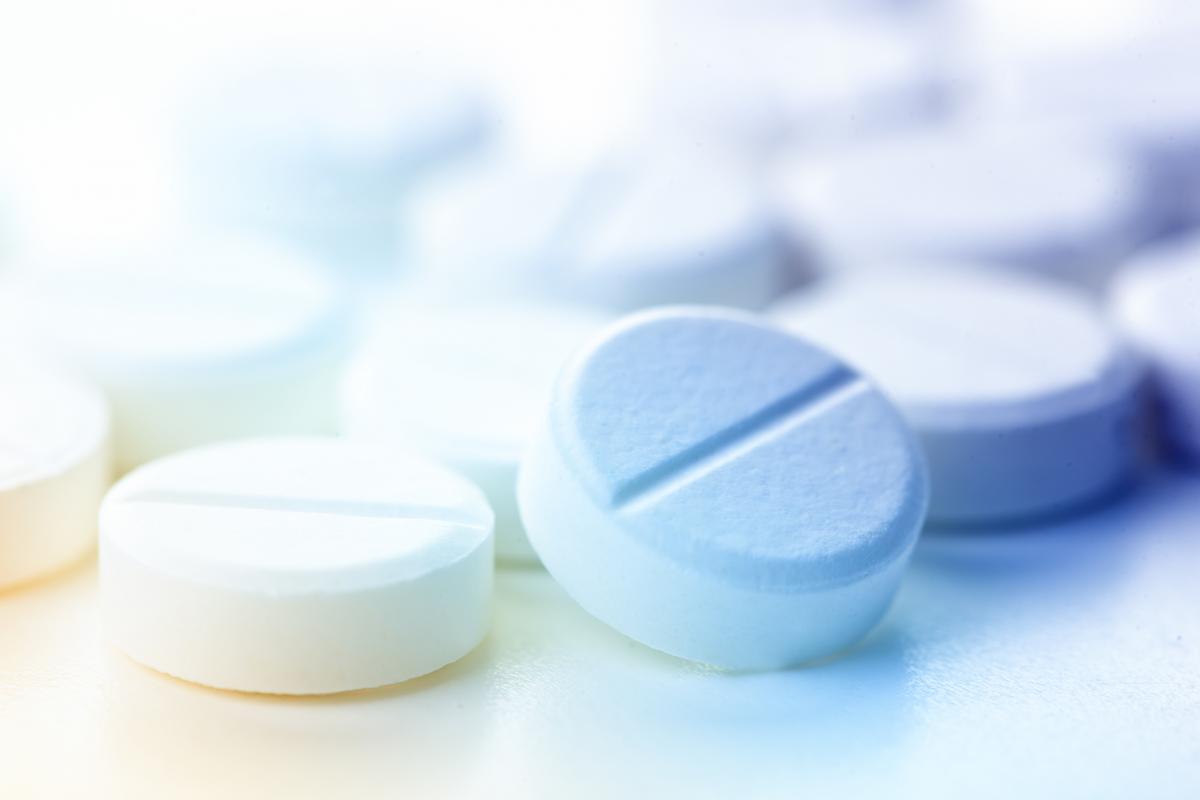Approving medicines: BEUC’s view on how the EU could do better
Approving medicines: BEUC’s view on how the EU could do better
BEUC NEWS – 11.07.2019
The EU has one of the world’s most advanced systems to evaluate whether medicines are safe and work before they reach patients. But good doesn’t mean perfect. It is critical the system continuously improves to make sure medicines are always safe, accessible and effective. People’s health depends on it.
Here is what we told the European Medicines Agency to feed their reflection on what can be done better (also known as ‘Regulatory Science to 2025’):
- Consumers need to be sure that medicines on the market work and are safe. While some new medicines do improve health significantly, many are no better than what is already on the market. Also, some medicines are approved based on insufficient evidence on their safety and efficacy (for example, by using only a small number of participants in a clinical trial). As a result, consumers are not guaranteed that all medicines on the market are safe and effective. In fact, our German member organisation Stiftung Warentest recently examined 2,000 over-the-counter medicines and rated a quarter as ‘unsuitable’, because their therapeutic efficacy is either insufficient or low compared to the side effects.1
- Scientific evaluations of medicines must become more rigorous. Medicines should only be authorised if there is conclusive evidence that their benefits outweigh their risks. However, this is not always the case. Thus, approval standards must be higher and clinical trials should be designed to respond to relevant questions, such as to what extent a treatment helps patients live longer or improves their quality of life. Exceptionally, new medicines might be made available to patients quicker if they suffer from a life-threatening condition for which there is no available treatment. In these cases, companies must conduct extra studies with no delay and patients need to be closely monitored.
- Medicines’ package leaflets must become easier to understand for consumers. Medicine boxes contain essential information on how to take a medicine safely, warnings and possible side effects. But it is often difficult to decipher both the content and the tiny size writing. The language should be made clearer and the font size should be boosted.
Access to safe, effective and quality medicines is an essential component of the United Nations’ Sustainable Development Goals to make our future more sustainable. The EU has strongly committed to these goals. BEUC recalls the EMA that regulatory science and innovation must translate into improved access to medicines. That happens to be one of the five priorities that BEUC has identified for the next EU Parliament term.
Read our letter to the EMA’s chief regarding the ‘Regulatory Science to 2025’ proposed strategy.
1. Stiftung Warentest, ‘9 000 Medikamente für 132 Krankheiten’, 2019.
The European Consumer Organisation
Europäischer Verbraucherverband
Bureau Européen des Unions de Consommateurs



